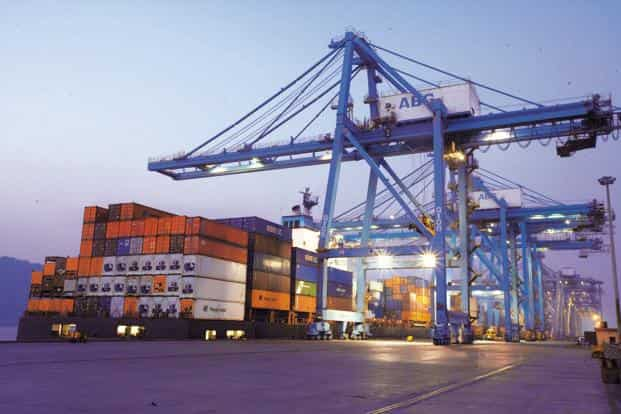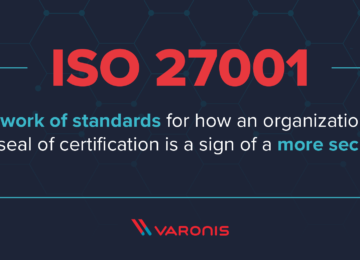Today more than 80% of world trade moves through the oceans. In particular, our country has 85 port facilities, each of which is an essential source for the development and growth of each region in which they are located. From this arises the concern of having more important and better ports with efficient infrastructure, whose technologies and operations guarantee the flow of international exchange.
In recent years, investment in this sector has reached 4 billion dollars. This financing, aligned with the policies of our National Port System based on four main axes, has allowed, since 2009, to have a growth rate of 3%:
- Legal stability. Our legal framework has favoured increased investment in port infrastructure.
- Connectivity in logistics zones. In the last ten years, the State has made investments to improve road, maritime and airport infrastructure, thus allowing exporters to market their products more quickly and efficiently.
- Participation of the private sector. This has given rise to this growth, mainly due to the mining and agro-export sectors. To be precise, 95% of investment in infrastructure comes from the private sector.
- Streamlining of administrative procedures. These are required for a better foreign trade system.
It is clear that infrastructure, which goes hand in hand with port logistics, is crucial for foreign trade to work. It is a chain that includes planning and control so that a product leaves the country to its final destination. Herein lies the value of being competitive, that is, meeting deadlines and costs, which is possible, for example, by having rapid access to the port and security systems.
The export of food from Ica reaches more than one hundred destinations worldwide, which is why the operation of this port is necessary. With the modernisation projects of this and other ports, which the Government has prioritised, the services provided will be improved and will allow competitive rates to be offered.
It is essential to point out that having new port terminals and improvements in the infrastructure and logistics of the ports that already exist will mean a dynamic boost for economic and social development.
It should be emphasised that the port terminals contribute to developing the economic activities of the communities immersed in the areas of influence; they generate new investments and industries; they increase tourism and employment and, therefore, reduce poverty.
“One of the bases for the implementation and development of globalisation has been transportation and especially maritime transportation, since without it international trade would not be possible and, consequently, the economic development of countries would not be possible either,” began the academic reflection. Globalisation requires transporting large volumes of liquid and dry bulk, generally used as energy sources or raw materials. All products consumed by the world population and industry due to industrial production are distributed worldwide through maritime transport. For this transport of consumer products to be viable, a safe and economical solution was needed to facilitate operations and their efficiency: the container».
Advantages of the Port
- STRENGTHS
- Strategic geographical position.
- Modern facilities.
- Natural area attractions.
- The professionalisation of operators.
- Specialised facilities.
- The consolidation of port activities as a generator of greater local and regional economic benefits.
- Entrepreneurship.
OPPORTUNITIES
- Captive market.
- Increased cargo on a peninsular scale.
- The improvement in the dimensions of the access channel.
- Diversification of the maquiladora and production industry.
- Take advantage of the increase in cabotage.
- Reactivation of the flow of ferries.
- Diversification in the industry related to agricultural bulk.
- Participation of the API in businesses outside the premises.
Operating efficiency
Seek excellence by optimising processes, controlling and coordinating activities to offer a competitive, reliable and quality service, with efficient costs and levels of safety and respect in terms of ecological balance.
Investments
Carry out initiatives that promote private investment and the development of profitable businesses in the port and, consequently, the economic and social development of the region.
competitiveness
Develop the port through processes that add value to the country’s production chains, always improving the efficiency and quality of services and seeking competitiveness in the market.
Port-City Link
Contribute to the integration and development of programs of the municipality and the State that seek the development of the port and the city in such a way that it is perceived as a source of economic and social wealth and commitment to the environment.












